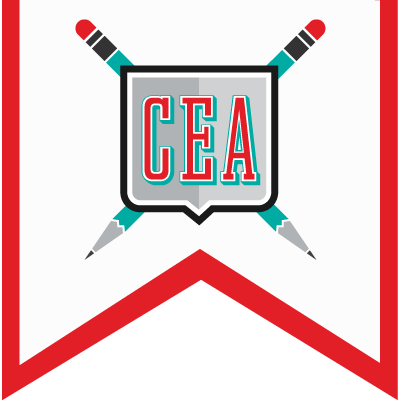Don't wait.
How to Write a College Essay When You Have Learning Differences
 You sit down to start writing your college admissions essay. Maybe you wonder whether you should write about your learning differences. Perhaps you have dyslexia, dyscalculia, dysgraphia, APD, LPD, ASD, and/or ADHD. Whatever the case may be, we bet your learning differences have played a big role in your education, and maybe even your life beyond the classroom, so…
You sit down to start writing your college admissions essay. Maybe you wonder whether you should write about your learning differences. Perhaps you have dyslexia, dyscalculia, dysgraphia, APD, LPD, ASD, and/or ADHD. Whatever the case may be, we bet your learning differences have played a big role in your education, and maybe even your life beyond the classroom, so…
Should You Address Your Learning Difference in Your Common App Essay?
It’s a valid question! But in the end, the answer is probably not.
Your personal statement is your chance to speak to admissions officers in your own voice. It should focus on your strengths, background, or goals. We understand why writing about your learning difference might be important to you. But does it define you?
Try to brainstorm a few other ideas before you make your final decision. Is your learning difference the one thing that you want admissions to remember about you? What else drives, motivates, or inspires you? We bet you’ve got a secret skill or passion, too!
Maybe you will decide that your learning disability* is so important for admissions to know that you want to write 650 words about it. Then you have to make another decision…
Should You Write A Personal Statement or Additional Information Essay about Your Learning Difference?
If you want admissions officers to know about your learning disability, you don’t have to write about it in your personal statement. You can write an additional information essay instead. This is an optional essay that you can add to your Common App.
The additional information prompt reads: “Please provide an answer below if you wish to provide details of circumstances or qualifications not reflected in the application. You may enter up to 650 words.”
The additional information essay is the perfect space to explain personal difficulties like:
- learning differences
- low grades or test scores
- special accommodations like extra time on exams
- disciplinary issues
If your learning difference hasn’t had a negative effect on your life, we suggest skipping the additional information section.
If you choose to write an additional information essay, you won’t have to choose between writing about your learning disability* or a different topic. You can save your personal statement for a more unique topic. Maybe your knack for knitting sweaters for penguins, love for Papa John’s pizza, or deep knowledge of Costco!
What If You Really Want to Write Your Personal Statement about Your Learning Difference?
As we have said, you should only write your personal statement about your learning difference if you absolutely can’t think of another topic! But at the end of the day, it’s your choice.
If you decide to write about your learning difference, then the Common Application’s Prompt 2 is a great option to back your essay into.
That prompt reads: “The lessons we take from obstacles we encounter can be fundamental to later success. Recount a time when you faced a challenge, setback, or failure. How did it affect you, and what did you learn from the experience?”
This prompt asks for a story about resilience, which is exactly how we think you should write about your learning difference.
How Should You Address Your Learning Difference in a College Essay?
If you decide to write about the learning disability* in your application (preferably the additional information section), you should tell a story of success. Write about a struggle you overcame.
You don’t want your essay to present you as a victim. You also don’t want admissions officers to question your ability to keep up with college-level work. So do not dwell on your struggles or setbacks. Instead, celebrate your solutions and achievements!
A few questions to think about as you write your essay:
- How do you make lemonade out of the lemons that life has given you?
- How has your learning disability* affected the way you understand the world?
- How has overcoming your challenge made your more confident or assertive?
Whatever you write about your dyslexia, ADD, or LPD, we would recommend getting a second opinion before you submit your application. Ask a trusted friend, family member, teacher, or essay expert for honest feedback. At the end of the day, it is most important to tell a story that shows who you really are!
*You might have noticed that we used the terms “learning difference” and “learning disability” interchangeably in this article. The reason we did so is because the Federal Individuals with Disabilities Education Act (IDEA) doesn’t count learning differences or learning challenges as disabilities. In order to receive support, services, and equal access to employment, people need to be classified as having a Specific Learning Disability (SLD). More information on this here.










